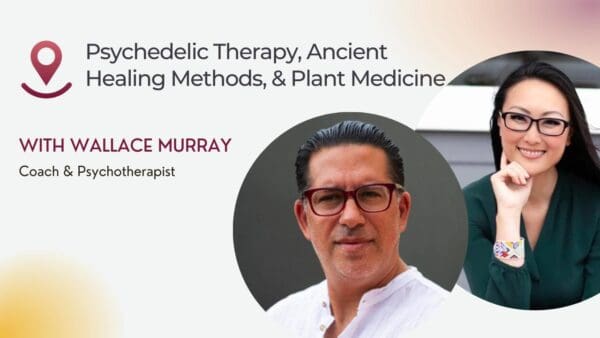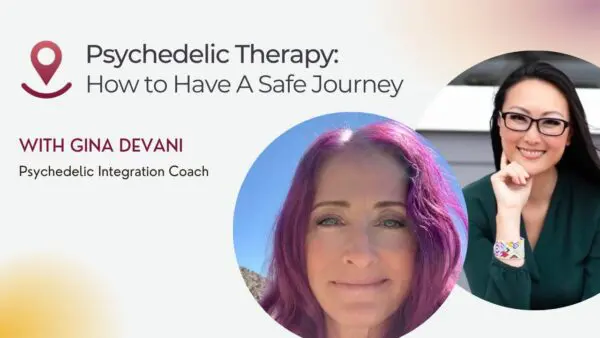Margaret Sharpe, MSW, LCSW
What is Harm Reduction?
At its core, harm reduction is built around the acceptance of human nature and free will, promoting an improvement in quality of life wherever possible. It was developed as a community and public policy model in an attempt to minimize the negative physical and social consequences of behaviors- especially those that may be stigmatized and are illegal. Harm reduction was developed as a reaction to the legalistic system that dominated laws, especially since the US Controlled Substance Act of 1970, which many countries worldwide still take their cues from.
The first model of this nature, the Mersey Harm Reduction Model, was developed in the mid-1980s in Liverpool, England. Rather than pushing an abstinence-only model, the model focused on reducing harms related to drug use, particularly with heroin injection. The initial goal was to reduce the transmission of HIV, but the blueprint transferred well when 3,4-Methylenedioxymethamphetamine (MDMA) use took off.
The National Harm Reduction Coalition describes this modality as “a set of practical strategies and ideas aimed at reducing negative consequences associated with drug use. Harm reduction is also a movement for social justice built on a belief in, and respect for, the rights of people who use drugs.” The goal is to minimize the negative effects of drug use rather than condemn or further isolate people who use drugs
Harm reduction includes educational campaigns and care provided at health facilities. One well-known harm reduction policy is the implementation of needle exchange programs for people who inject heroin. By providing clean needles and other sanitary drug paraphernalia such as alcohol pads, sets of micron-filters, and “cookers”, the risk of transmitting communicable diseases such as HIV and hepatitis is reduced. Additionally, these services often provide Narcan (a pharmaceutical for reversing an opiate overdose) and fentanyl drug tests which reduces the risk of bodily harm and death. Other well-known harm reduction programs include methadone clinics and “safer sex” programs in schools.
The Drug Policy Alliance advocates for the end of the War on Drugs; they support the advancement of attitudes and policies to offset the harms of drug use and prohibition, promoting the sovereignty of the individual to make decisions for his or her mind and body.
Psychedelics and harm reduction strategies and studies
Even though most psychedelics remain illegal, a study in 2013 estimated that there are over thirty million lifetime users of psychedelics in the US. More recently, people are seeking the use of these psychoactive substances for the treatment of mental health conditions, especially with the increase in research and decriminalization efforts in recent years.
So how do psychedelics fit into this paradigm? Those that are produced in labs (like Lysergic acid diethylamide, or LSD, dissociatives (like ketamine) and dextromethorphan, or DXM), and other entheogens (like MDMA), are all important to include in the harm reduction model due to the risks involved with their use. Testing, education, and supportive services, particularly at music events and “transformational” festivals (like Burning Man), have been shown to be incredibly beneficial. Many of these events have water stations, “chill” spaces or “challenging trip” tents, test kits, medical staff, and other supportive services available on site.
Educational websites, such as Erowid.com and TheGoodDrugGuide.com, among others, are non-profits committed to providing information to the public about psychoactive substances. Erowid includes basic information about the substance, history, effects, health impacts, legal status, dosage information, chemistry, as well as personal accounts and “trip reports.”
The Zendo Project is a well-known organization focusing on this model. Their mission is to provide education, resources, guidance, and support, particularly at events where people are more likely to use psychedelics, like festivals and concerts. Zendo volunteers are trained to provide high-quality, non-judgemental, trauma-informed support to reduce the number of hospitalizations and psychiatric arrests. The psychological support of helping someone through a “bad trip” can be invaluable. A bad trip is often caused by a lack of preparation or lack of attention to set (mindset before the trip), setting (location and company kept), and an inappropriate dose of the drug (too much or too little).
With harm reduction services that provide psychological support, a “bad” trip may be approached as “difficult” Instead, with potential for growth. Although it may not be easy to go through, a difficult experience can yield profound realizations, even be incredibly transformative for a person. This could be the difference between involuntary psychiatric intervention while in a vulnerable state and trauma-informed care that may be deeply valuable to a person later on.
Zendo also provides education and resources on their website to help people prepare ahead of time for safer use. There are other organizations, like Dancewize in Australia, that provide similar services.
Test kits allow people to test the content and purity of their substances before consumption. Test kits may promote someone to use less, by specifying dosing amounts and helping people avoid dangerous additives or combinations. Due to the drug’s popularity, the first test kits focused on 4-Methylenedioxy-methamphetamine (MDMA). MDMA is often adulterated with other substances that mimic its effects but can be more dangerous.
The most well-known source of test kits in the US is DanceSafe, which also sells rapid result kits for LSD, ketamine, MDMA, and more. The most accurate MDMA test is chromatography/mass spectrometry (GC/MS) and is offered by Erowid. There are other test kits sold on the internet, such as BunkPolice.
Potentially dangerous additives such as fentanyl, cathinones (“bath salts”), methamphetamine, PMA, PMMA, 25i-NBOMe can be detected with these kits. Unfortunately, test kits are considered drug paraphernalia and may be confiscated in festival settings, which can be a deterrent.
Websites like Rollsafe.org provide comprehensive education, safety/risk considerations, and guidance regarding how to reduce the potentially harmful effects of MDMA. This includes research-based neuroprotective supplement recommendations. Rollsafe donates a high percentage of its proceeds to the Multidisciplinary Association for Psychedelic Studies (MAPS), a non-profit organization that has dedicated over thirty years to researching the therapeutic use of MDMA.
Psychedelic integration therapy is another framework that looks at ways to reduce risk and harm in the immediate days after a trip and also promotes the long-term well-being of the individual. Although there are ethical and legal considerations to providing this kind of support to clients, it is important that therapists are educated in this model and aware their clients may be interested in psychedelic medicine. To find a psychedelic integration practitioner in your area, consult our database online at Psychable.com
Conclusion
Psychedelics can create profound shifts in states of consciousness. The psychedelic harm reduction model does not attempt to minimize or ignore the harms and dangers of illicit drug use. It puts the power into the hands of the individual to make more well-informed choices about their use. Harm reduction is a more humane way to approach human behavior. This model stands for drug policies that are therapeutic rather than punitive. It advocates for human rights and humanity, in general; harm reduction is re-humanizing.









